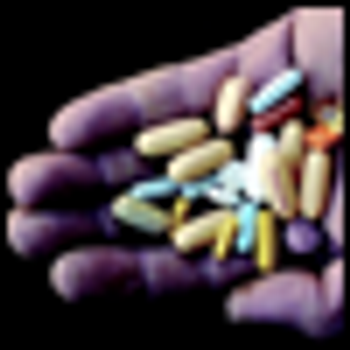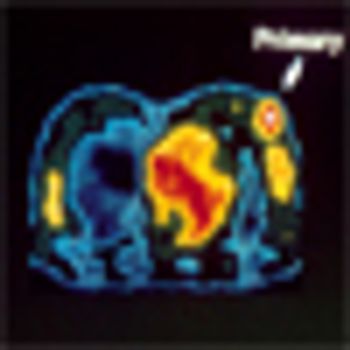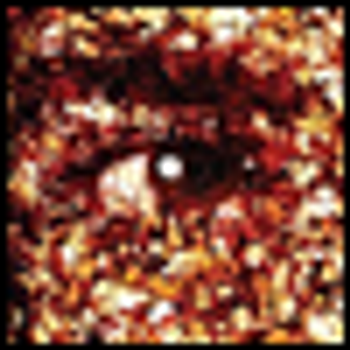
Marsha Linehan is the creator of Dialectical Behavior Therapy (DBT)-the best available method for helping self destructive people help themselves. I have never been more admiring of her than I am at this moment.


Marsha Linehan is the creator of Dialectical Behavior Therapy (DBT)-the best available method for helping self destructive people help themselves. I have never been more admiring of her than I am at this moment.

There should be no quarrel over the reality of severe CFS as an instantiation of genuine disease, just as schizophrenia and major depression constitute real disease.

I just attended the 40th year reunion of my medical school class at Yale. As is common at these 5-year reunions, we compare our careers and the progress of medicine, although this time more of the focus seemed to be on our personal lives and our new Medicare cards.

Depression and alcoholism treatment requires the proper use of medication and psychosocial interventions, as well as a solid doctor-patient relationship and a commitment to treat both disorders.

Advances in the fields of neuropsychological assessment and neuroimaging have enormously expanded our knowledge about the profile and severity of cognitive deficits in patients with substance use disorders.

Nonadherence to treatment by patients represents one of the most prevalent and important challenges to the practice of psychiatry.

The COMBINE study was only one trial designed by academics to maximize internal scientific validity. It excluded individuals with other significant psychiatric and medical illnesses (more often the rule than the exception in some clinical settings)-individuals deemed too severely ill or who needed hospitalization.

In this Special Report, Helen M. Pettinati, PhD, and William D. Dundon, PhD, discuss prevalence, assessment, clinical features, and treatment issues with respect to individuals with co-occurring major depression and alcohol dependence.

I just received a very important email from Dr Dayle Jones who chairs the DSM-5 Task Force of the American Counseling Association (ACA). The ACA has provided a much needed wake-up call for the American Psychiatric Association.

If you’ve ever wondered what psychoanalytic treatments are like, The King’s Speech provides an unusually good cinematic representation of a psychoanalytic therapy.

A report of dropoffs of elderly individuals at hospitals, elderly persons being reported for socially inappropriate behavior, and an increase in 911 calls concerning elderly relatives with dementia attacking family members and caregivers.

Researchers are developing a scale to measure a clinically identified emotional “trigger state” that puts individuals with suicidal ideation at increased risk of acting on their ideations.

Psychiatry is a wonderful specialty. We have highly effective medication and psychotherapy tools. Forty years of accumulated clinical research have given us a pretty clear idea of optimal treatment guidelines. With an accurate diagnosis and an appropriate treatment, most of our patients benefit greatly and many recover completely.

Excellence in psychopharmacology demands sensitivity to the associated ethical considerations. The key considerations of psychiatry are both complex and dynamic, and psychiatrists who develop and refine their ethics skill set will be in a better position to anticipate and respond to ethical dilemmas as they arise in their practice.

Like every drug or technology that has therapeutic value, MDMA (3,4-methylenedioxymethamphetamine) has potential risks and benefits. Unlike most other drugs under clinical investigation, MDMA has a complex and controversial history that has delayed dispassionate scientific investigation into its therapeutic use.

The only question is whether Congress will cut the mental health block grant again, in 2012-and by how much.

Rape is always a heinous, ugly, violent, and cruel crime. But the violence and cruelty that are part of all rapes should not be confused with the specifically motivated violence and cruelty that distinguish sexual sadism...

Anyone working in the mental health field will recognize that in patients with extreme irritability, explosive behavior, or quick mood changes, bipolar disorder (BD) is often unquestionably diagnosed.

Deliberate self-harm (DSH) is a behavior in which a person commits an act with the purpose of physically harming himself or herself with or without a real intent of suicide.

Antidrug vaccines represent an exciting area of development in the pharmacological treatment of chemical dependency. In addition to the clinical trials being conducted on vaccines for cocaine and nicotine dependence, preclinical development of vaccines for methamphetamine and heroin is ongoing.

The focus of this Special Report is on some future-oriented aspects of psychopharmacology. First, it is an eclectic set of articles that cover treating resistant depression, using currently illegal drugs to treat psychiatric problems, and finally the potential of using vaccines to treat substance use disorders.

The NIMH Research Domain Criteria (RDoC) project raises many questions about DSM-5 and future DSMs.

ECT is making something of a comeback because it remains a paragon of efficacy amidst other relatively disappointing treatments.

Digital technology is a valuable tool, but if it dazzles us with its speed and control, there is the risk that we may forget the old way of connecting.

As experts in neurobiology, we can conduct and critically evaluate research to identify the short- and long-term risks and benefits of neuroenhancers for patients without recognized clinical indications.